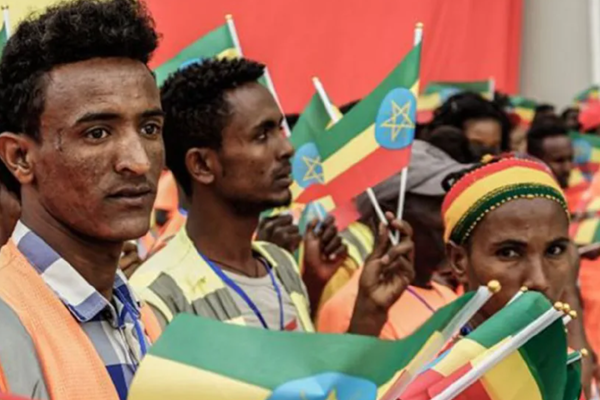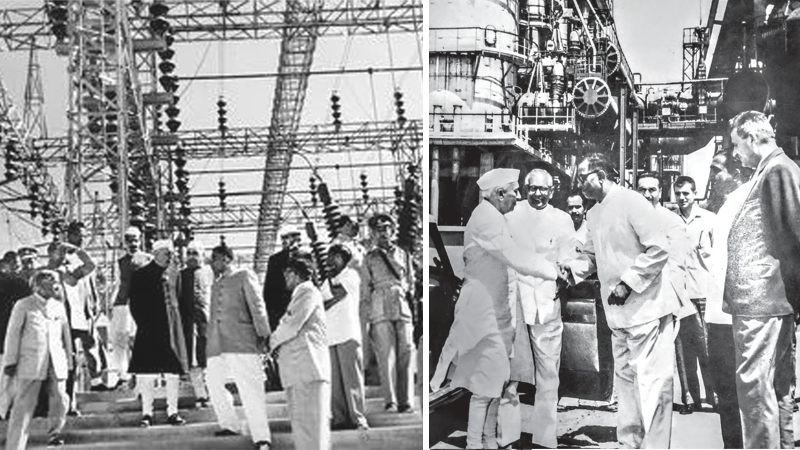Counting Castes, Counting Controversies: Supreme Court, the Census and the OBC Question
Editorial
India’s Trade Balancing Act — Between Brussels and Delhi
Commerce Minister Piyush Goyal’s visit to Brussels on 27–28 October marks a decisive moment in India’s pursuit of a Free Trade Agreement with the European Union. The negotiations, ongoing for years, now enter a stage where political will must match economic intent. At stake is India’s access to one of the world’s richest markets — and Europe’s engagement with an emerging global power whose demographic and manufacturing potential is unmatched.
Yet, this visit is about more than tariffs and trade. It is a reflection of India’s evolving economic diplomacy — assertive, self-reliant, yet outward-looking. The EU seeks deeper cuts in import duties and stricter environmental standards; India, in turn, insists on fair reciprocity and protection of its farmers and small industries. Goyal’s task is to strike a balance between global competitiveness and domestic stability — between opportunity and sovereignty.
Parallel to the Brussels mission, New Delhi is hosting talks with non-EU partners, notably the United States. This dual-track diplomacy demonstrates India’s intent to diversify its partnerships and avoid overdependence on any one bloc. It also gives New Delhi leverage: the freedom to negotiate from a position of strength rather than desperation.
The real test, however, lies ahead. A rushed deal could expose India to uneven commitments; an endless negotiation could erode credibility. The goal must be a pragmatic agreement that enhances exports, builds capacity, and preserves India’s regulatory autonomy.
In essence, Goyal’s Brussels visit is not just a trade trip — it is a statement of how India sees itself in a changing world: confident, cautious, and unwilling to trade sovereignty for speed. True economic diplomacy lies in knowing when to shake hands — and when to hold firm.
Tejashwi’s Bold Gambit: Empowering Bihar’s Grassroots for Votes and Vision
Tejashwi Yadav, the Rashtriya Janata Dal’s dynamic leader, has fired a potent salvo in Bihar’s pre-election landscape, promising transformative welfare for the state’s 1.37 lakh Panchayati Raj Institution (PRI) representatives. Announced on October 26, 2025, his pledge to double allowances, introduce pensions, and provide Rs 50 lakh insurance coverage for Mukhiyas, Zila Parishad members, and Gram Kachahari officials taps into the heart of rural Bihar, where 8,053 Gram Panchayats, 533 Panchayat Samitis, and 38 Zila Parishads drive governance. This isn’t just populism—it’s a strategic masterstroke that could redefine the INDIA bloc’s fortunes in the 2025 Assembly polls.
Bihar’s PRI representatives, including 68,500 women, are the unsung linchpins of rural development, yet their financial insecurity—exacerbated by paltry honorariums—has long been ignored. The Nitish Kumar government’s recent allowance hikes (Mukhiyas to Rs 7,500, Zila Parishad presidents to Rs 30,000) were a drop in the bucket against inflation’s toll. Tejashwi’s promise to double these, alongside pensions and insurance, injects dignity into these roles, potentially channeling Rs 1,000 crore annually into rural economies. His additional pledges—higher PDS distributor margins and Rs 5 lakh interest-free loans for artisans like barbers and potters—target Extremely Backward Classes, a crucial 36% vote share, blending social justice with economic uplift.
This move exposes the NDA’s complacency, as Nitish’s coalition scrambles to counter with recycled promises. Tejashwi’s youth and track record as Deputy CM (2022-2024), boosting PRI devolution, lend credibility to his vision. By empowering grassroots leaders, he ensures better scheme delivery, from MGNREGA to Jal Jeevan Mission, while galvanizing rural voters who influence 20-25% of seats. Critics may question fiscal prudence, but in a state plagued by 34% rural poverty, this is a necessary investment in stability. Tejashwi isn’t just chasing votes—he’s crafting a resilient, inclusive Bihar.


 SAS Kirmani
SAS Kirmani















